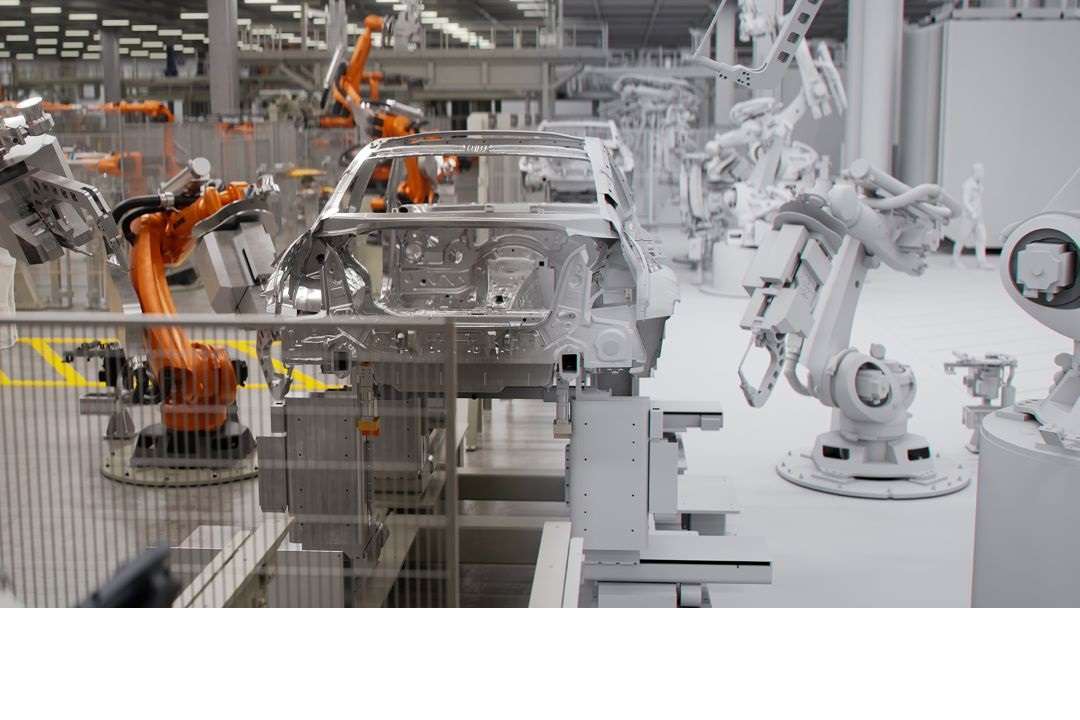The BMW Group is advancing the use of its Virtual Factory, with production planners actively scaling digital twin applications across more than 30 production sites globally to enhance and speed up production planning processes. Tasks that previously took weeks of physical testing and adjustments can now be simulated with precision in the digital environment of the Virtual Factory.
To support the integration of over 40 new or updated vehicle models by 2027, the company will begin by virtually planning each model’s production before implementing them at the plants, ensuring smooth transitions and stability in operations. As a result, the Virtual Factory is expected to reduce production planning costs by up to 30 percent.
Virtual planning is a cornerstone of BMW Group’s iFACTORY strategy, leveraging a wide range of digital tools. The integration of building data, equipment data, logistics data, and vehicle specifications with 3D simulations allows the creation of digital twins for each production facility worldwide. Using an industrial 3D metaverse powered by NVIDIA Omniverse, real-time simulations help optimize layouts, robotics, and logistics systems. The Virtual Factory is also incorporating AI functionalities, including generative and agent-based assistants, for even greater efficiency.
Before launching a new vehicle, ensuring that it fits seamlessly into the production line and avoids any potential collisions with equipment or surrounding elements is critical. In the BMW Group’s Virtual Factory, this collision check is now performed digitally, automatically, and rapidly, using construction data and 3D scans. Vehicle movement through the production line is simulated, allowing the system to instantly identify any collision risks. Tasks that used to take nearly a month to test manually are now completed in just three days through this virtual process.
Previously, real vehicle bodies were physically guided through the production lines over several weekends to detect potential collisions. In the paint shop, this sometimes meant draining and cleaning the dip coating tanks, which was both time-consuming and costly.
The BMW Group’s Virtual Factory is quickly growing, with more applications being added and scaled across production. Alongside the automated collision checks, the system now includes human simulations to improve manual production tasks and the automated mapping of plant surroundings using 3D scans to optimize smart transport systems.







